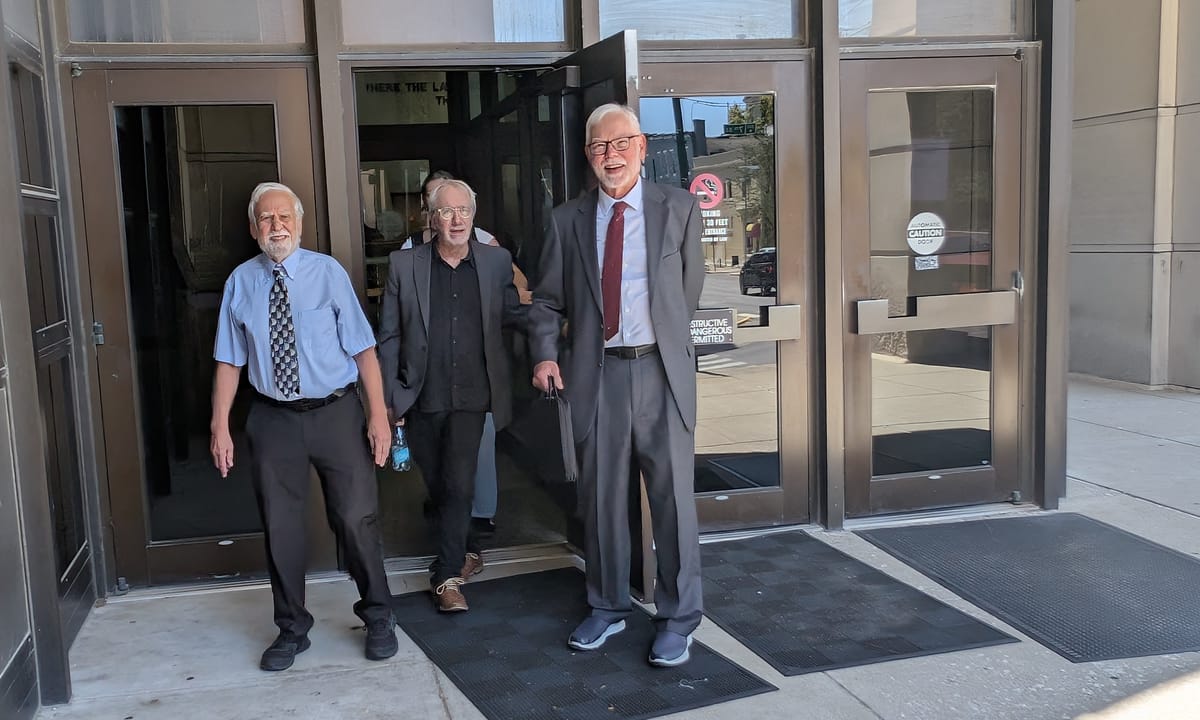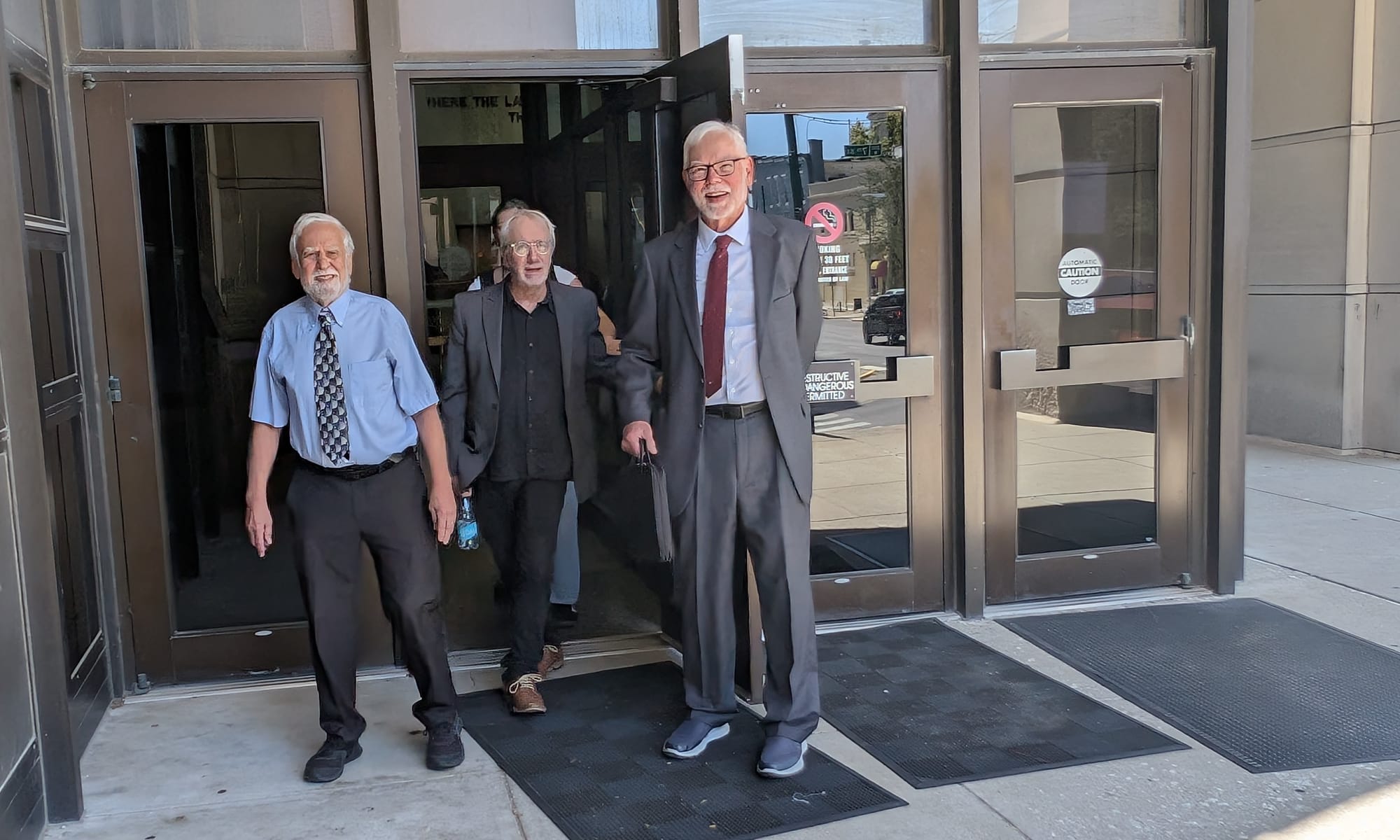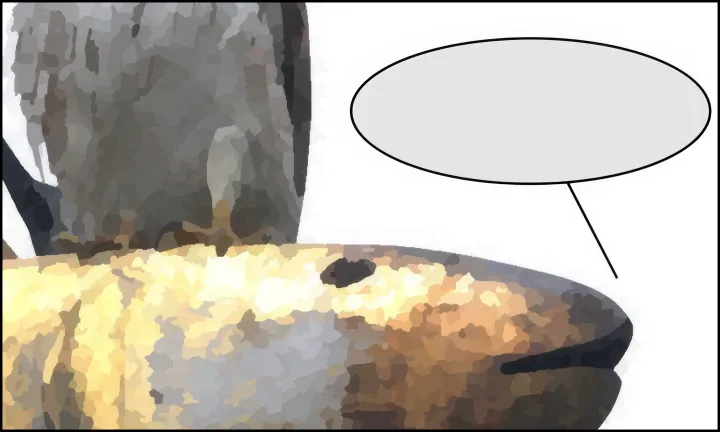Judge denies injunction in lawsuit by retired professors over IU governance ban
A judge has denied a request by three retired Indiana University professors for an preliminary injunction that would have allowed them to participate in faculty governance when the Bloomington Faculty Council convenes on Tuesday. The lawsuit will stay in court, to be heard eventually on its merits.


Monroe County circuit court judge Emily Salzmann has denied a request by three retired Indiana University professors for an emergency preliminary injunction that would have allowed them to participate in faculty governance when the Bloomington Faculty Council (BFC) convenes on Tuesday (Sept. 23).
The lawsuit will stay in court, to be heard eventually on its merits.
The plaintiffs—emeritus professors Steven J. “Jim” Sherman, James A. “Alex” Tanford, and Russell J. Skiba—filed suit in August against both IU’s board of trustees and the state of Indiana. They contend that a new state statute and a newly enacted policy of the trustees (BOT-19) unlawfully strip retired faculty of rights that they have long exercised.
The ruling from the judge comes after oral arguments were held two weeks ago on the question of a preliminary injunction.
The state law in question was enacted this year as part of the biennial budget bill. It says that only employees are allowed to vote in faculty governance bodies. The professors contend that the enactment of the law violated Article 4, Section 19 of the Indiana Constitution—the “single-subject rule”—because it is on a different subject from the budget. They point out that the new law was included in the state budget bill without being introduced or heard as a stand-alone measure.
The policy enacted by the trustees (BOT-19) went further than a prohibition against voting. It bars non-employees from serving in any governance capacity, even as proxies or committee members.
Salzmann’s ruling was just on the request for a preliminary injunction against BOT-19. That’s because in a filing last week, the retired professors narrowed their request only to BOT-19, withdrawing the preliminary-injunction challenge to the constitutionality of the statute. That meant Salzmann assumed the validity of the state law for her analysis, and considered only whether the trustees had the authority to adopt their policy
In her order, Salzmann laid out the four factors courts are supposed to weigh before issuing an injunction: (1) whether plaintiffs face irreparable harm without it; (2) whether they are likely to succeed on the merits; (3) whether the balance of harms favors them; and (4) whether the public interest would be served
On each point, the judge found that the plaintiffs came up short.
The judge found that emeritus professors had not shown a likelihood of success, because the trustees possess broad statutory and implied powers to define faculty governance. She also ruled that the plaintiffs had not demonstrated irreparable harm, reasoning that governance bodies at IU are advisory only, and retired professors would not be able to vote in any event under the new state law, and the retired professors conceded the force of that law for the sake of the preliminary injunction argument on BOT-19.
On the balance of harms, the judge found neither side clearly favored, noting the potential but speculative impact that emeritus professors could have in faculty deliberations. And on the public-interest factor, she found both the board and the plaintiffs could claim to be serving institutional and public concerns, making it a wash.
With none of the four criteria clearly favoring the plaintiffs, Salzmann denied the request for emergency relief, citing precedent that says injunctions are supposed to be “an extraordinary equitable remedy” reserved for “clear and plain cases.” So none of the three retired professors will be able to serve on the BFC at its Sept. 23 meeting.
But the underlying lawsuit continues.
In a statement to The B Square, Tanford wrote about the decision: “This is not unexpected and is disappointing but not a ruling against us on the merits.” He added, “It’s very hard under Indiana law to get a preliminary injunction, especially in a novel case like this. We will continue to pursue the case.”




Comments ()